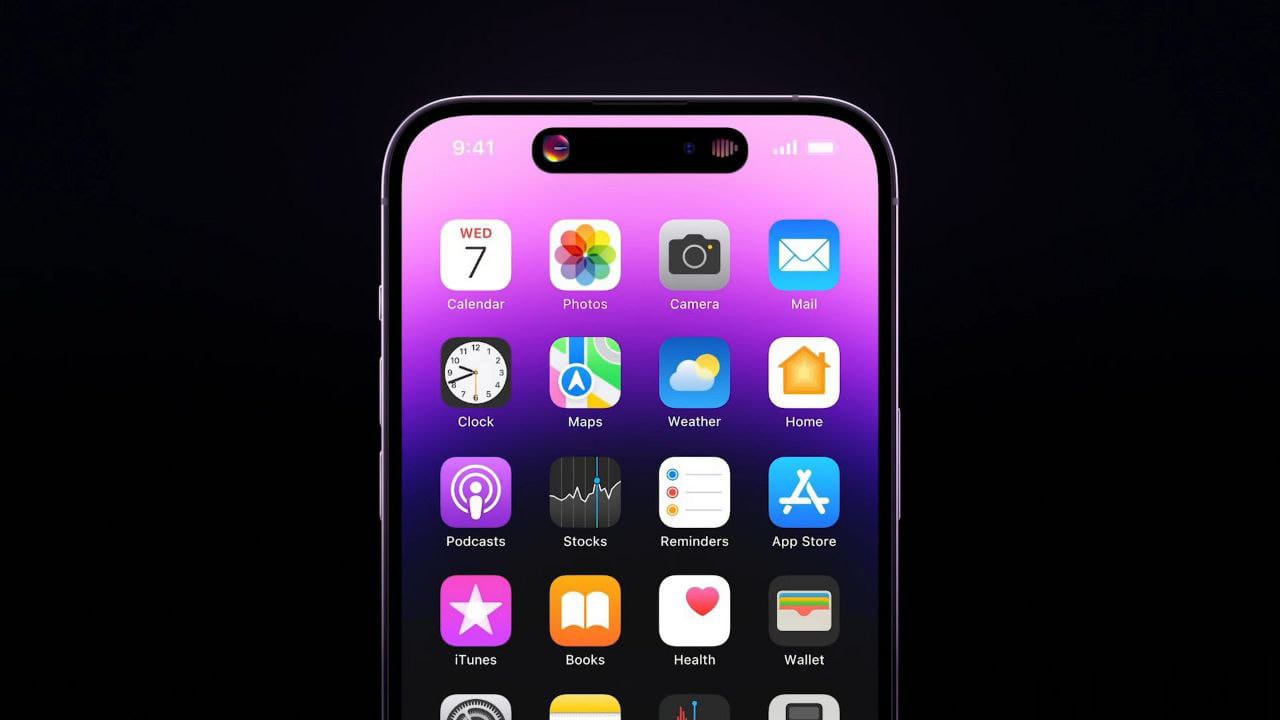We live in a world with smarter gadgets than us – smartphones, smart televisions, smart appliances, and smartwatches. The latter is still in its nascent form when it comes to wearable technology. Everyone thinks that their smartwatch should be a piece of secret spy equipment that can launch missiles, operate cars, etc. We don’t live in Marvel’s 2021. The smartwatch I am referring to could be either an Apple Watch, Galaxy Watch, or other brands.
Advantages and disadvantages of a Smartwatch
The trend of using a smartwatch surged when less-known manufacturers introduced their products that were cheaper than the premium ones. But, some talk about whether or not spending a bomb on a smartwatch is worth the penny. I have listed some pros to wearing a smartwatch and cons to why it isn’t for you. If you are in the market to purchase a smartwatch, this article will help you make an informed decision.
1. Advantages of a Smartwatch
If you are considering buying a smartwatch, I have given my two cents on why it’s advantageous.
A. Notifications
The main function of a watch is to display the time. When it comes to a smartwatch, it will show you more than just time. Its essential purpose is to show the notifications, which can be quickly accessed. You can read a message and view other notifications – without unlocking your phone.
B. No missed calls
We have all missed many calls because we were in the office, in a noisy street, riding a bike, or just sleeping. When you have a smartwatch on your wrist, it vibrates when you receive a call or a message. You can also reject or accept the calls. Some smartwatches even let you send messages and make calls, albeit at a low volume.
C. Tracking activities

The secondary function of a smartwatch is to track various metrics. Be it sleep data, exercises, walking, swimming, and more. This makes you want to improve your lifestyle, know what habits you have, and amend them.
D. Leads to a healthy lifestyle

As I have covered in the earlier segment, smartwatches can easily track your steps, calories burned, nutrition, sleep, etc. Some are so advanced that blood glucose and heart rate tracking are possible. There were instances when Apple Watch saved multiple lives due to its ‘fall’ feature. Keep in mind that these metrics promote a healthy lifestyle which gradually propels you toward fitness.
E. More movies and music
Even though the screen size is ridiculously minuscule, you can still watch a movie and listen to music on your smartwatch. I don’t know why people want to do that when iPads, tablets, laptops, and 6-inch phones are a reality, but you can. I can see myself listening to music since earphone connectivity is available on some smartwatches.
F. Different watch faces

This is a gimmick, but who wouldn’t love changing the watch faces to match our attire. Depending on the OS, you can download more watch faces with various features. Don’t forget, watch faces are in vogue.
G. Ease of use
Some high-end smartwatches provide convenient functions. You can make cashless payments via NFC; cellular smartwatches let you make calls and send texts even if your smartphone isn’t with you. Some features are superfluous, but some will come in handy.
H. Navigation
Travel freaks already love a smartwatch due to its tracking capabilities. A GPS-enabled smartwatch can help you navigate intricate roads without picking up your phone. This is helpful when you are riding a bike and mounting the phone isn’t an option for you.
2. Disadvantages of a Smartwatch
It’s not all roses. If you are indecisive about owning a smartwatch, the following pointers will help you make a concrete decision.
A. Insufficient battery life
Let’s be honest! We all own a smartphone, a power bank, a laptop, and they all need charging. Charging a smartwatch is a tedious task because you are going to do it often. Smartwatches typically last at least 4 days and not a day more than that. Watches can be worn every day, and if you forget to charge them, they are of no use. A dead smartwatch can’t track your sleep and other activities.
B. Incorrect data
Collecting metrics is the secondary purpose of a smartwatch, but they aren’t always 100% authentic. Pedometer and heart rate sensors in a smartwatch are infamous for their inaccuracy. Maybe after half a decade, smartwatches will really be smart enough for a hefty purchase.
C. Screen size

Comparing smartwatches to our smartphones isn’t fair since phones have crossed the 6-inch threshold while a smartwatch’s display is typically in the 44mm (1.7 inches) range. Everything is cluttered in the described size. Pushing the button you want to could go wrong. Moreover, even if watching movies is possible, you can’t possibly enjoy vivid movies on a 1.7″ screen.
D. Redundant gadget
Smartphones make your life easier – if you do it the right way. Smartwatches, too, are convenient, but you can live without them. I still don’t own a smartwatch as I do everything on my mobile phone. Moreover, a smartwatch works in tandem with our phones which means they cannot fully replace smartphones.
E. Gets old quickly
There are hundreds of manufacturers producing televisions, smartphones, tablets, computers, and smartwatches. All of these products have a shelf life. While a phone can be used for at least 3 years, depending on its processor, a smartwatch gets old in just two years since firms are making commendable strides in wearable technology. So, if you buy a smartwatch today, it will become antiquated in a year to two.
F. Costly

You can buy the cheapest smartwatch at ₹2,500. But these aren’t the best options out there. An Apple Watch Series 6 can cost you somewhere around ₹70,000. The latter has the best a smartwatch has to offer, but then again, one can buy two OnePlus Nords (₹30,000×2) and some accessories or an Intel i5 laptop. Would you spend over ₹15,000 on a smartwatch? Tell us in the comments below.
G. Not a substitute for a smartphone
Manufacturers are improving smartwatches by adding essential features such as a heart rate monitor and fall detection. But, half the functions can still be performed by our smartphones. I have covered a different segment that its battery can’t go beyond 4 days; its screen size is small, so doing anything other than accessing notifications is redundant.
FAQs
Is it worth getting a smartwatch?
You can buy a smartwatch if you want to use it as a health and medical device. It tracks your health and gives you accurate metrics, such as step counts, pulse, etc.
Should I buy a smartwatch or a normal watch?
A better option is to go for a normal watch since a smartwatch needs charging. Buy a smartwatch only if you want to track sleep, activity, heart rate, etc.
What is the main purpose of a smartwatch?
A smartwatch can be used for many things apart from timekeeping. It can monitor your sleep, heart rate, track your daily activities such as workout, cycling, etc., and attend calls.
Do I need a data plan for a smartwatch?
No, you don’t need a data plan for your smartwatch. It is recognized as a smart accessory, which works in tandem with your smartphone. If the manufacturer supports it, you can connect to your mobile device via Wi-Fi and Bluetooth.
How tight should you wear a smartwatch?
You should wear your smartwatch approximately 2 fingers above your wrist bone. It should be tight and uniformly against the skin but not too tight to cut off blood circulation.
Conclusion
These are some of the advantages and disadvantages of a smartwatch. It tells you more than a time, but its use case is inferior to a smartphone. You can buy it if tracking your sleep, heart rate, get quickly access notifications, etc., then don’t think much. But if knowing the current time is the only thing that interests you, don’t buy a smartwatch. You can buy an analog or a digital watch. Keep in mind that smartwatches can’t replace our smartphones, not for the next few decades at least. It’s meant for fitness enthusiasts and those who want to monitor their health.
What do you think about smartwatches? Did you ever own one? If you are planning on buying a smartwatch, which brand would you opt for? Let us know your thoughts in the comments below.





